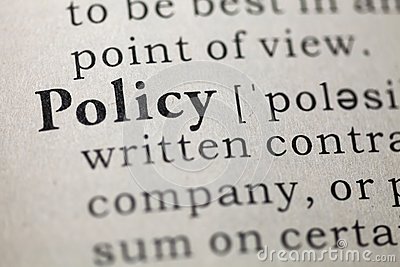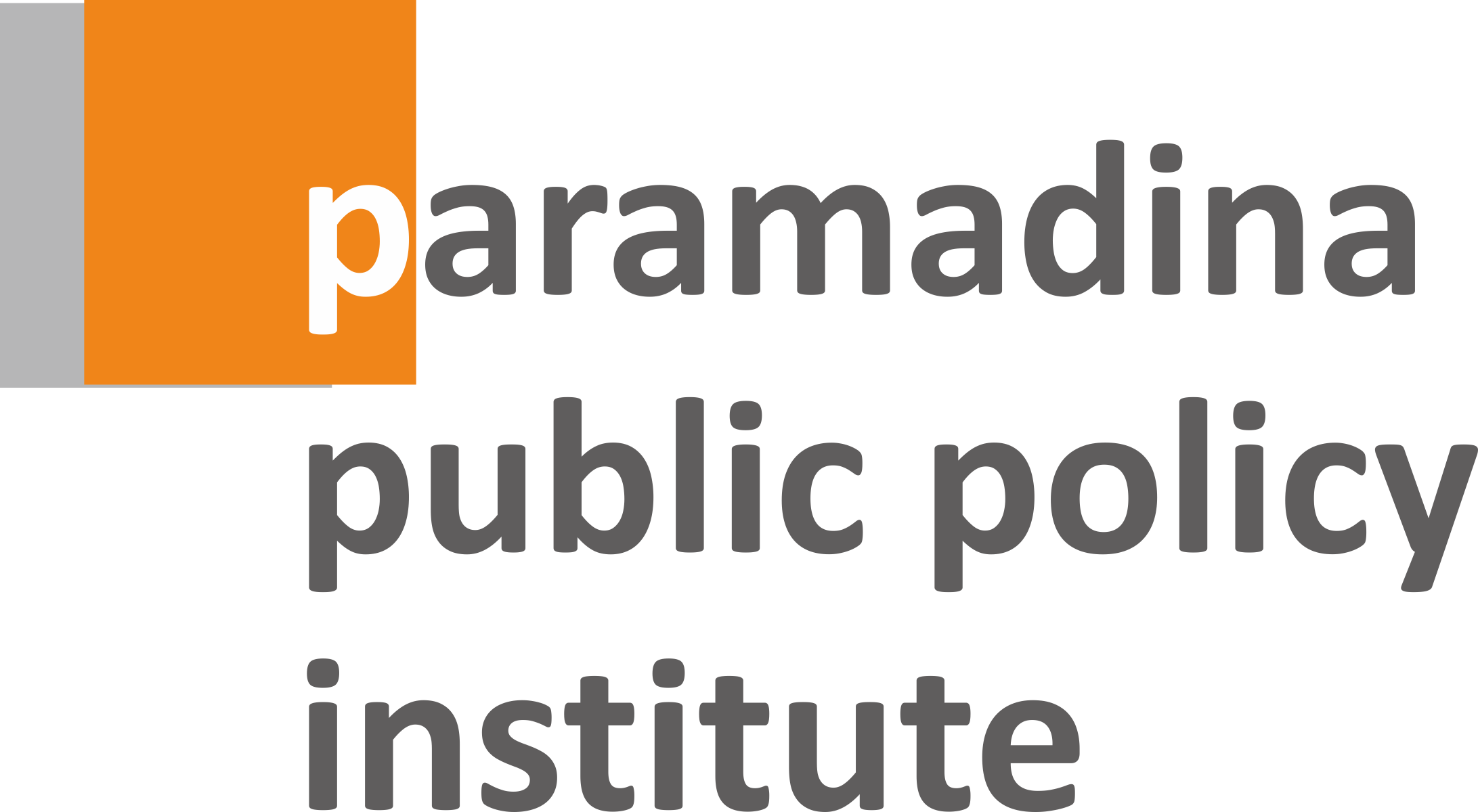- December 15, 2011
- Posted by: Admin PPPI
- Category: Blogs, Economy, Original

Wijayanto Samirin
Last year, Indonesia economy grew by 6.13%, beyond the forecasts of economists and even higher than the government’s projection.
Economist meanwhile believe that the Indonesia economy has the potential to grow faster, it we can overcome various handicaps including terrible infrastructure, unreliable energy supply, prevalent corruption and inefficient bureaucracy.
The next question, of course, is how high the economy could grow and why such handicaps exist.
Many studies have been conducted in the area of political economics to understand why some economies experience sustainable high growth and others don’t. To make a long story short, researchers affecting long-term economic growth en route to prosperity. They are economic potential, demographics and politics. Without the existence of these three factors a nation will not be able to realize its potential.
Political freedom, stability and policy certainty
Yi Feng, in his book Democracy, Governance and Economic Performance, highlights the importance of these political factors-political freedom, political stability and policy certainty-in economic performance. His cross-counttry analysis find that among those three components, policy certainty plays the most significant role, followed by political stability and then political freedom.
Relevant to Yi Feng’s findings, history shows that some economies can grow quickly without political freedom, as long as they have political stability and policy certainty. Malaysia, China, Singapore, and South Korea in 1970-1980 might fall into this category.
However, economic growth without freedom of expression might be unsustainable. People tend to be dissatisfied with economic success only, and sooner or later will demand political freedom. Unfortunately, many political prolonged political disorder, undermining the economic improvement accumulated over decades, such as in the Philippines and Indonesia.
South Korea is rather fortunate. The political reform that ended the period of outhoritarian regimes, symbolized by the fall of Park Chung-hee in late 1979, created a relatively short period of political turmoil and the economy returned to its previous pace in 1981 and beyond. Nowadays, in addition to political freedom, South Korea also has a high level of policy certainty and political stability, paving the way for very long-term high economic growth.
Tabel
In contrast, some countries have a high level of political freedom but fail to convert it into economic successes.
Many democracies fail to deliver their promise due to the political instability they generate as will as the lack of policy certainty.
Instability and uncertainty are the enemies of economic progress, raising business risk. People in general are risk-averse, including investors. Instead of investing their money in the country, investors will put is somewhere else, waiting for the situation to improve. Pakistan might be among countries which need to work harder to promote political stability and policy certainty.
Indonesia’s context
How about Indonesia? There is no doubt that Indonesia have the freedom to express their political ideas. People have the freedom to elect as well as to be elected in national and in regional elections. Press freedom gives the public the opportunity to criticize the government and to exprees their thoughts freely.
Following the political transformation in 1998, Indonesia’s political life has been very dynamic but relatively stable. Prior to 1998, Indonesia had one president who led the country for 32 year. Within six years of political reform,it has found presidents. Fortunately, this change of power occurred in accordance with the constitution. The recent intensifying political debate on various issues is more noise rather than a sing of political instability, a situation normal in any democratic country.
Problems exist when policy certainty is considered. It is common in Indonesia that a change in leadership will be followed by a change in major political. This happens both at the national as well the regional level.
Combined with a lack of effective intergovernmental communication and clear lines of authority, policy disharmony exists across functions and levels of government, creating a heart breaking paradox.
Indonesia has large reserves of oil but we are a net oil importer. Some major energy-producing (oil, gas and coal) provinces lack electricity supply, even in their capital cities. We have the longest tropical coastline but we import 70% of the salt we consume.
Indonesia has huge fertile lands and friendly seasons, but we are one of the largest net importers of food, including corn, soybeans and rice. We have large and rich seas but our fishermen are extremely poor. These are only a part of a long list of paradoxes.
This situation has dampened the economic engine from running at its maximum capacity. As a result, despite its great economic potential and demographic profile, Indonesia economy hasn’t been able to reach the pace of China, India and South Korea, or even the pace of Indonesia’s economy in the past, when it was able to grow at 8% or 9%.
It is clear that political transformation in Indonesia should continue beyond political freedom and political stability. We should be able to create policy certainty; we need to bring policy into local as well as national political life. Otherwise we will have democracy not for the sake of people’s prosperity, but for the sake of democracy itself.
Wijayanto Samirin is a vice rector at Paramadina University and the co-founder and managing director of the Paramadina Public Policy Institute.
Leave a Reply
You must be logged in to post a comment.
